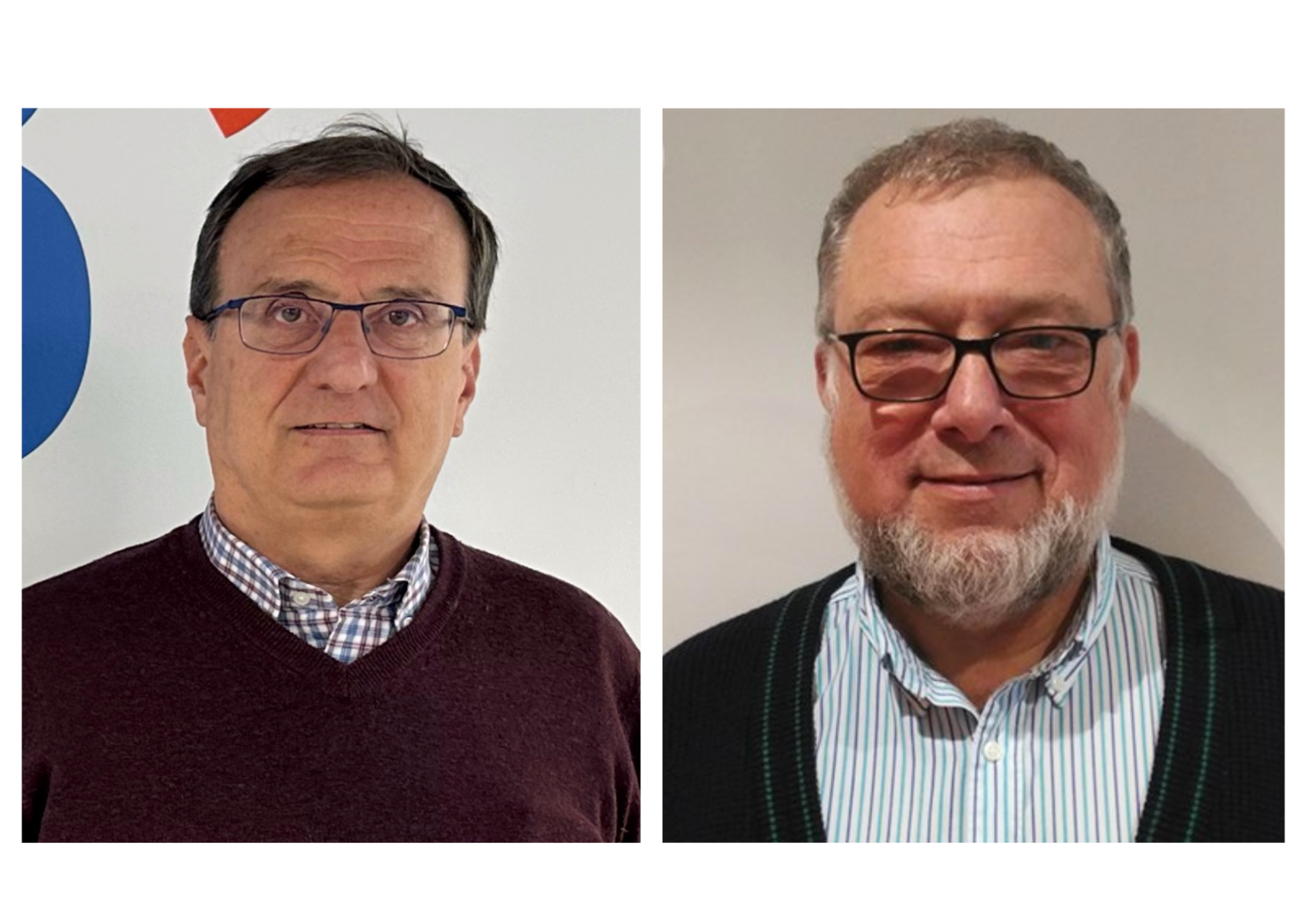
The researchers Antoni Codina-Cazador and David Genís Batlle have been named Emeritus Researchers of the Girona Biomedical Research Institute (IDIBGI). The figure of emeritus researcher recognises those IDIBGI researchers who have already retired and who have had an excellent research career.
This honorary position allows the person to continue collaborating in IDIBGI research projects and to participate in IDIBGI activities, despite not having an employment relationship. The first person to receive this recognition in February 2022 is Wifredo Ricart Engel, emeritus researcher of the Nutrition, Eumetabolism and Health research group at IDIBGI, who was head of the Endocrinology and Nutrition service at the University Hospital of Girona Dr. Josep Trueta.
Antoni Codina-Cazador: "For me, research is restlessness. Research is about trying to improve the doctor's attitude to patients' problems and seeking practical solutions"
Antoni Codina-Cazador has been head of the General and Digestive Surgery Service at the Trueta Hospital for 22 years, and also at the Santa Caterina Hospital in recent years, within the framework of the strategic alliance between the Catalan Health Institute in Girona and the Institute of Health Care. In parallel to his clinical activity, he has promoted research within the service, as head of the IDIBGI's General and Digestive Surgery research group, and within this framework, he has done special research in the field of colorectal surgery.
The group investigates four main lines of research: the preoperative preparation of the patient before surgery; the improvement or reduction of post-operative complications; and the improvement of techniques in oncological surgery. The results of these lines of research have been translated into improvements in clinical practice, which have been applied in his own department.
A relevant example is the implementation of an outpatient consultation to prepare patients before major surgery. In this consultation "factors that can cause post-operative complications, such as anaemia and nutrition, are corrected," says the surgeon. A nurse works there, and a multidisciplinary team participates, including endocrinologists, nutritionists and psychologists.
As a result of the results of the research, the service has also changed some techniques: "For example, when there was a complication with rectal surgery, the tummy was reopened. For the last two or three years, we have been treating many complications via the endoanal route, without having to open the tummy. This reduces the surgical aggressiveness and facilitates the patient's recovery," explains Codina.
The latest line of research deals with the relationship between possible changes in the intestinal microbiota and its role in the prognosis of colorectal cancer, which is being carried out in collaboration with the Nutrition, Eumetabolism and Health group. "In recent years we have been working on this hypothesis, and we are waiting to see the results," says Codina.
David Genís: "Medicine advances because there is incessant research into curing diseases. This desire to solve what affects our patients is the primary stimulus that drives the scientific spirit"
David Genís Batlle joined Trueta Hospital in 1980, with an extensive career as an assistant doctor in the Neurology Department. In 2016 he finished his professional career at the hospital, having taken over a few months earlier as head of the Neurology Service of the Trueta and Santa Caterina Hospitals, integrated since 2013 within the framework of the strategic alliance between the two institutions. In the field of research, within the IDIBGI's Neurodegeneration and Neuroinflammation research group, he has devoted himself above all to hereditary and sporadic degenerative ataxias, "a field that a few years ago was a wasteland", explains the neurologist.
"Reaching a diagnosis of ataxia in a specific patient was then an almost impossible task in most cases. Fortunately, advances in molecular genetic studies have made it possible to clarify this panorama, and in these decades more than 50 new forms of dominant hereditary ataxia have been discovered, and many more recessive ones, which are even rarer," explains Genís.
One of the most important milestones in his career has been the identification of a new form of these neurological diseases called SCA48, a hereditary ataxia with early cognitive and affective impairment. He discovered it together with Berta Alemany, coordinator of the Ataxia Unit at the Josep Trueta and Santa Caterina hospitals, and also with Pau Pastor, Sara Ortega, Víctor Volpini and many other collaborators from different centres.
Genís and Alemany themselves have also participated in the discovery of another form involving the FGF14 gene. "Both have turned out to be the cause of some of the most frequent forms of dominant ataxias and hereditary or sporadic late ataxias, and the latter is the most frequent cause of episodic ataxia, one of the most frequent presentations of late ataxias," says Genís, who has collaborated with numerous research centres throughout his career.